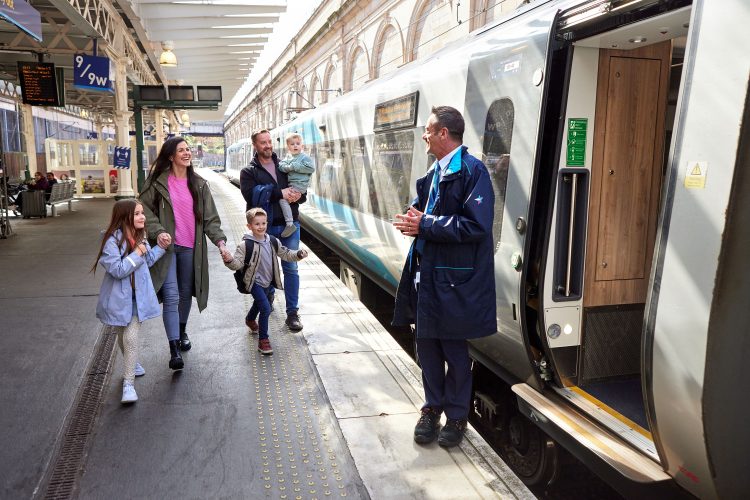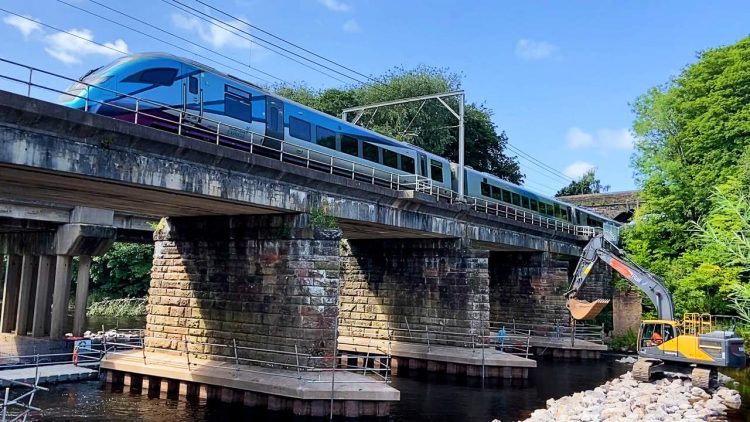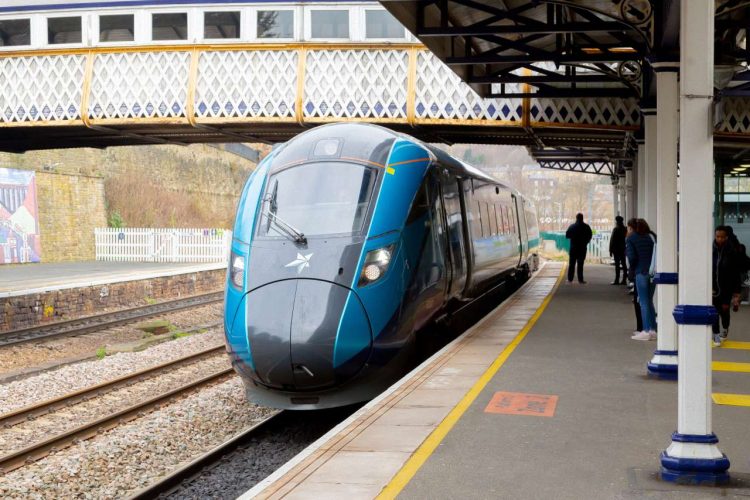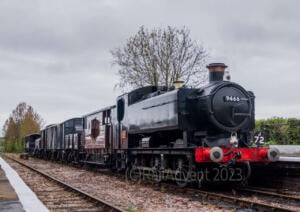TransPennine Express (TPE) services are being transferred to the Department for Transport’s Operator of Last Resort from next Sunday, 28th May.
TransPennine Express and its predecessors have been operated by FirstGroup since 2004, providing train services throughout northwest and northeast England, Yorkshire, and into Scotland.
Since then, passenger volumes have increased from 14m in 2004 to over 29m before the Coronavirus pandemic.

Since 2004 several new train fleets have been introduced, including 51 three-car Class 185 trains in 2006.
In 2014 the fleet was expanded, with longer electric trains on the Manchester to Scotland route and an improved timetable.
In November 2019, TransPennine Express launched its ‘Nova’ fleet of trains that provided more seats, more luggage space, and improved Wi-Fi. During its tenure, the company also invested in station improvements and accessibility and opened new routes and stations.

Direct services were introduced from Liverpool to Glasgow and Manchester to Edinburgh via Newcastle, and the Manchester Airport to Middlesbrough service was extended to Saltburn.
New station stops were introduced at Morpeth, Redcar, and St Helens, and a new station was opened last year at Reston station in the Scottish Borders.
The company’s services have played an important role in the government’s Northern Powerhouse vision, with intercity connections across the region, supporting economic prosperity, and has been a key partner in the Transpennine Route Upgrade.
So far, around £120m in savings have been delivered to the taxpayer through the company’s involvement in project workstreams on access and rolling stock.

In 2021 the company achieved its best performance results for a decade, and the following year won the ‘Best Operator Of The Year’ award at the Rail Business Awards 2022.
TransPennine Express’s service levels declined last year due to circumstances that were not entirely within its control, mainly caused by the challenging industrial relations environment.
Among the factors was the withdrawal of long-standing industry-standard overtime arrangements at the same time as there was an unprecedented increase in driver training requirements caused by infrastructure upgrades.
The recovery plan included recruiting additional train drivers, accelerating training on revised routes around engineering works, and management action to ensure rostering is more streamlined and reliable was agreed in February 2023 which led to a fall in cancellations of around 40%.
Steve Montgomery, First Rail Managing Director, said: “We are very proud to have served the communities across northern England and into Scotland since 2004, carrying millions of passengers and introducing new trains, new routes and more seats for our customers. We have seen volumes more than double and I would like to thank our TPE passengers for their patience and custom during this time.
“Above all, I would like to say thanks to our TPE colleagues for their hard work and dedication to our customers. We are supporting the new operator to ensure a smooth transition for everyone as they prepare to take on TPE’s vital responsibilities for the North and we wish passengers, partners and employees every success for the future.”






Responses
Great British Railways will do the better job than foreign railway companies taking over UK’s train operators. It’s time that we should have British Rail back like before.
First Group is based in Scotland, so your comment is not relevant.
What Transpennine Express needs is a uniform fleet of electro-diesel bimode trains. It need to get shut of these Class 68/Mk5’s, the 397’s, and the Class 185’s, and go with a uniform fleet of Class 802/2’s. That way maintenance, parts, and staff traction knowledge, seating plan, and capacity is all uniform making things so much quicker and simpler. As electrification spreads, the diesel engines can be removed with the sets going electric only. Craigentinny, Heaton, Doncaster Carr, Neville Hill, and even Hull Botanic Gardens have facilities compatible with AT-300 trains. A uniform fleet also makes route rotation much easier for sets to go for heavy maintenance.
What I would then do is this. I would send the 397’s to LNER to replace Class 91 sets on Leeds/York services. Send 68/MK5 sets to GWR for Cardiff to Penzance services. Send 185’s to Northern to replace older sprinter classes on longer-distance, faster, hilly routes such as Settle to Carlisle.